The Tour de France Explained
The Tour de France Explained
The complexity of the Tour de France makes it endlessly entertaining for fans, but also poses barriers to casual viewers.
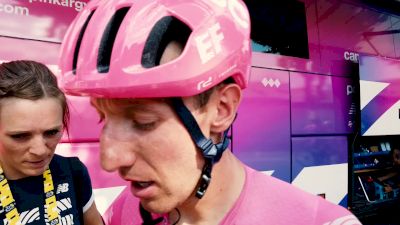
In the cycling world, it doesn’t get any bigger than the Tour de France. The Olympics and the world championships both pale in comparison to the scale of the annual three-week long summer race.
Join PRO to watch the 2021 Tour de France live and on demand in Canada on FloBikes. Exclusive highlights and content will be available to our worldwide audience!
Not only is the Tour de France the most important race in cycling, it is one of the most viewed annual sporting events worldwide. It is however, not the easiest race to understand.
In any given moment of the Tour de France, there are multiple competitions being fought out, amongst 23 teams, all with different motivations and strategies. The complexity of the race makes it endlessly entertaining for fans, but also poses barriers to casual viewers.
Read on if you think the Tour de France could use some untangling.
What Is A Grand Tour?
The Tour de France, the Giro d’Italia and the Vuelta a España makeup cycling’s three grand tours, but the Tour de France, or simply, the Tour is the most prestigious.
Each grand tour consists of 21 stages and two rest days. Throughout the three weeks of racing, multiple competitions are fought out.
General Classification
The biggest prize in the Tour de France is the yellow jersey. It signifies which rider has completed every stage of the race in the shortest amount of time. The final general classification and yellow jersey is awarded to the rider with the lowest cumulative time spent racing.
In 2020, Tadej Pogacar won the GC having covered the race’s 3,484 kilometers in 87 hours, 20 minutes and 5 seconds. Primoz Roglic finished in second place just 59 seconds behind.
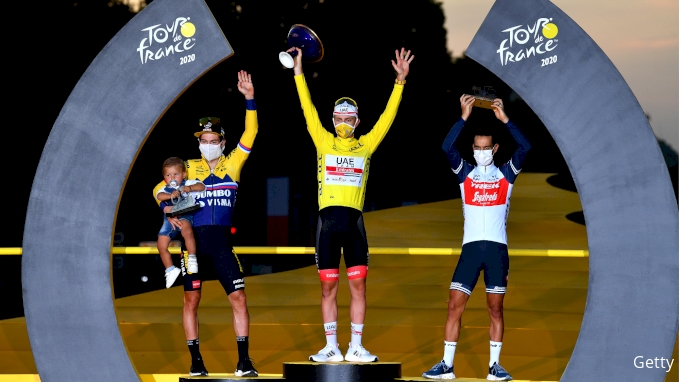
Youth Classification
The Tour de France features a second general classification prize signified by a white jersey. The best young rider classification is contested by riders under the age of 26. Egan Bernal and Tadej Pogacar, the Tour’s two most recent winners, won both the white and yellow jerseys.
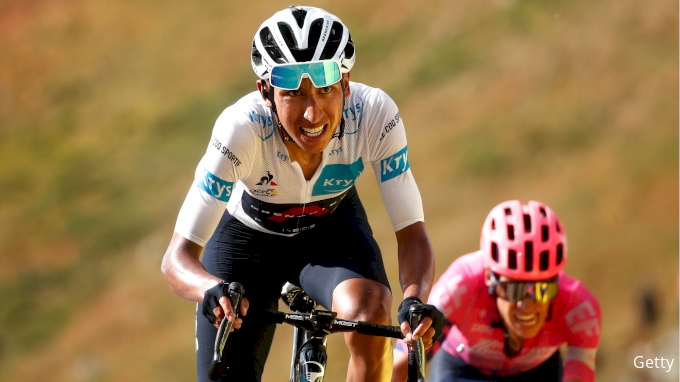
King of the Mountain
The KOM classification at the Tour features one of cycling’s most recognizable jerseys. A white jersey with red polka dots is awarded to the rider who accumulates the most points on offer at the top of the Tour’s many mountain passes.
The Tour’s mountains are categorized based on difficulty. The climb’s category is determined by both length and gradient. A category 4 climb is relatively minor, while a category 1 climb is difficult. An HC or hors categorie (beyond categorization) climb is the most difficult.
The more difficult the climb, the more KOM points are offered at the top. The KOM competition incentivizes riders to race aggressively on the climbs, creating drama and intrigue throughout the Tour’s many mountainous stages.
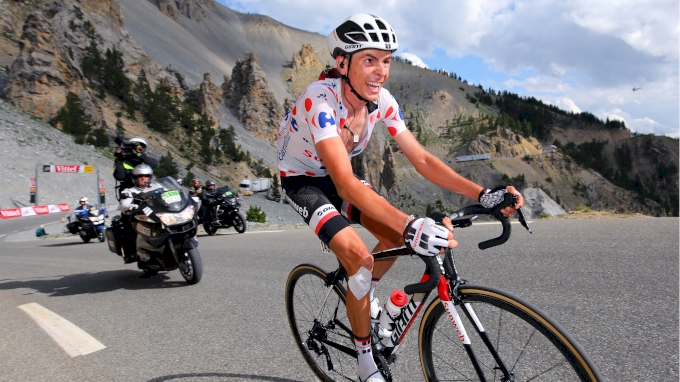
Points Competition
The green points jersey is also known as the sprint competition. In contrast to the KOM competition, which is fought out in the mountains, the sprint competition is contested on flatter terrain.
Sprint points are awarded at the finish of every stage, except stages that finish on a categorized climb (those finishes award KOM points). Additional sprint points are awarded in lesser quantities at intermediate sprint points, in the middle of stages. The person to accumulate the most sprint points throughout the race wins the green jersey, a competition which has been dominated by Peter Sagan, thanks to his ability to collect points in flat and hilly stages.
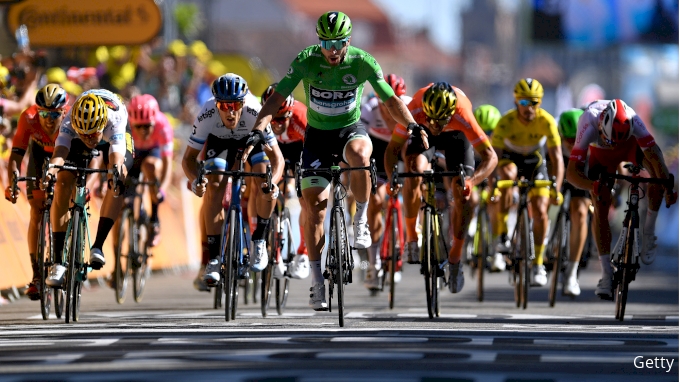
Stage Wins
If you made it this far, you've probably realized that there is a lot of winning happening at the Tour de France. However, the winning doesn't just happen on the final day of the race when the jersey competitions are decided.
To win an individual stage of the Tour de France is a dream for many riders. While riders in contention for the four overall jersey competitions battle amongst each other for their respective prizes, other riders will race with abandon to claim one of the precious 21 stage victories on offer.
What results is an intricate, often messy, and always explosive clash of the best cyclists in the world for three weeks of unparalleled sporting competition every summer.
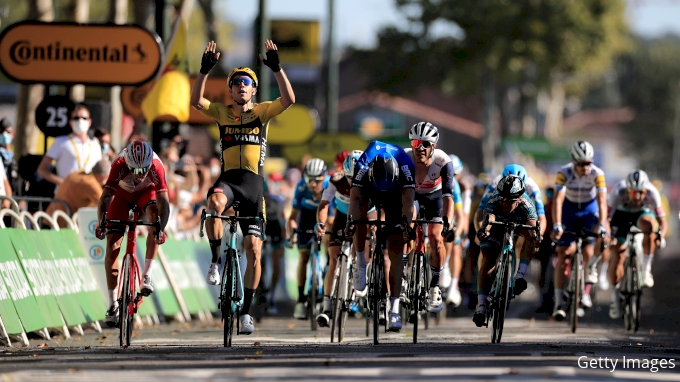
If you are in Canada, tune in to FloBikes, your home for all things Tour de France.